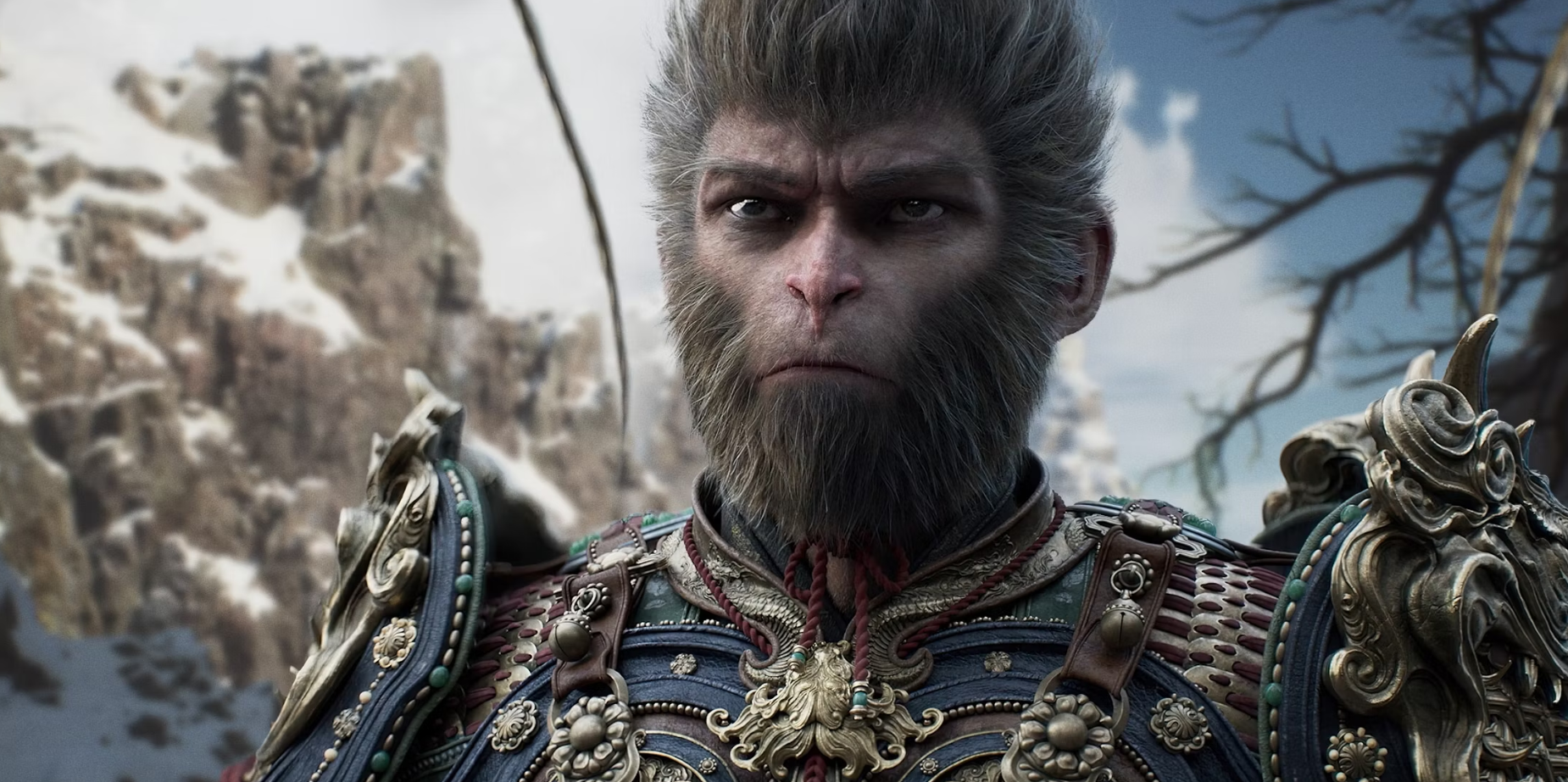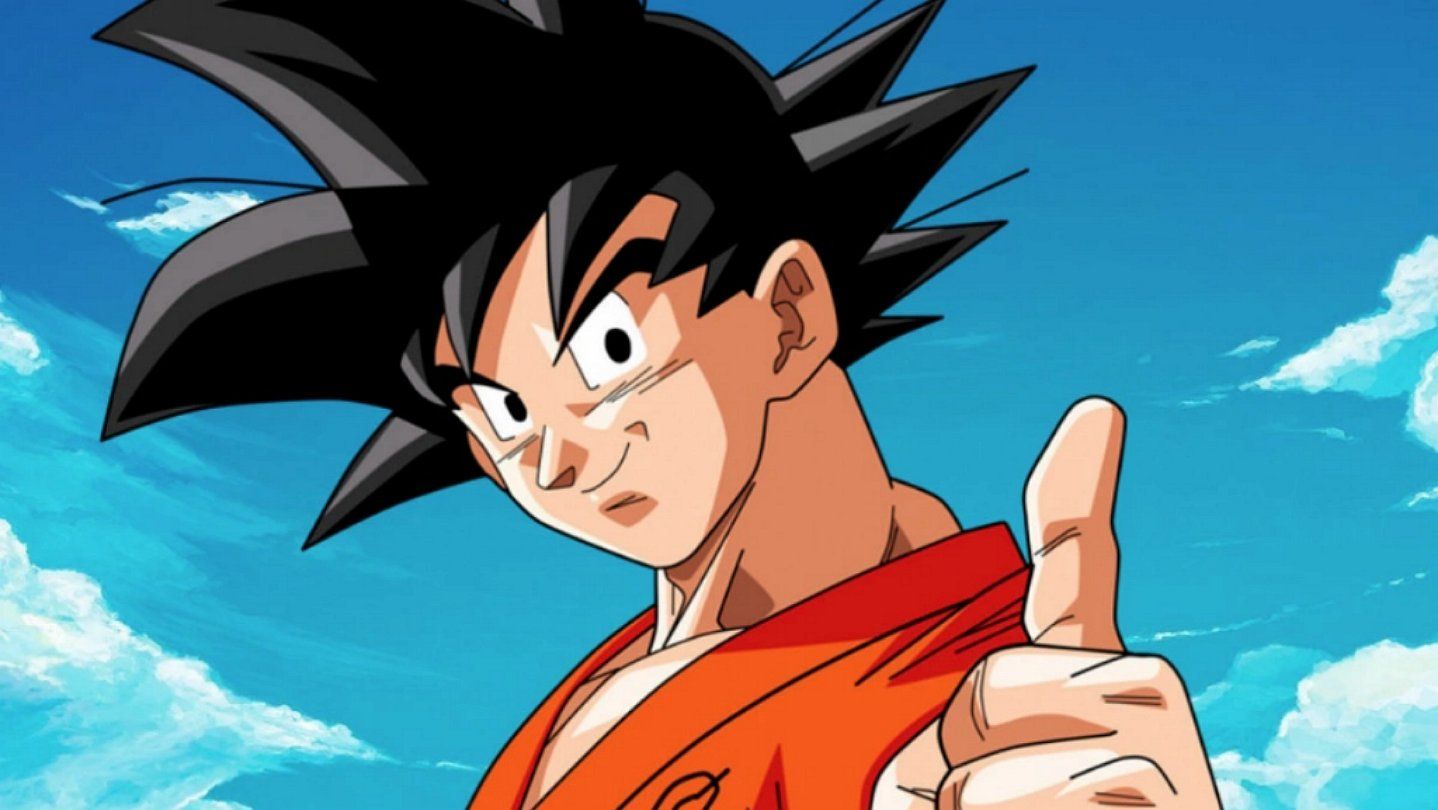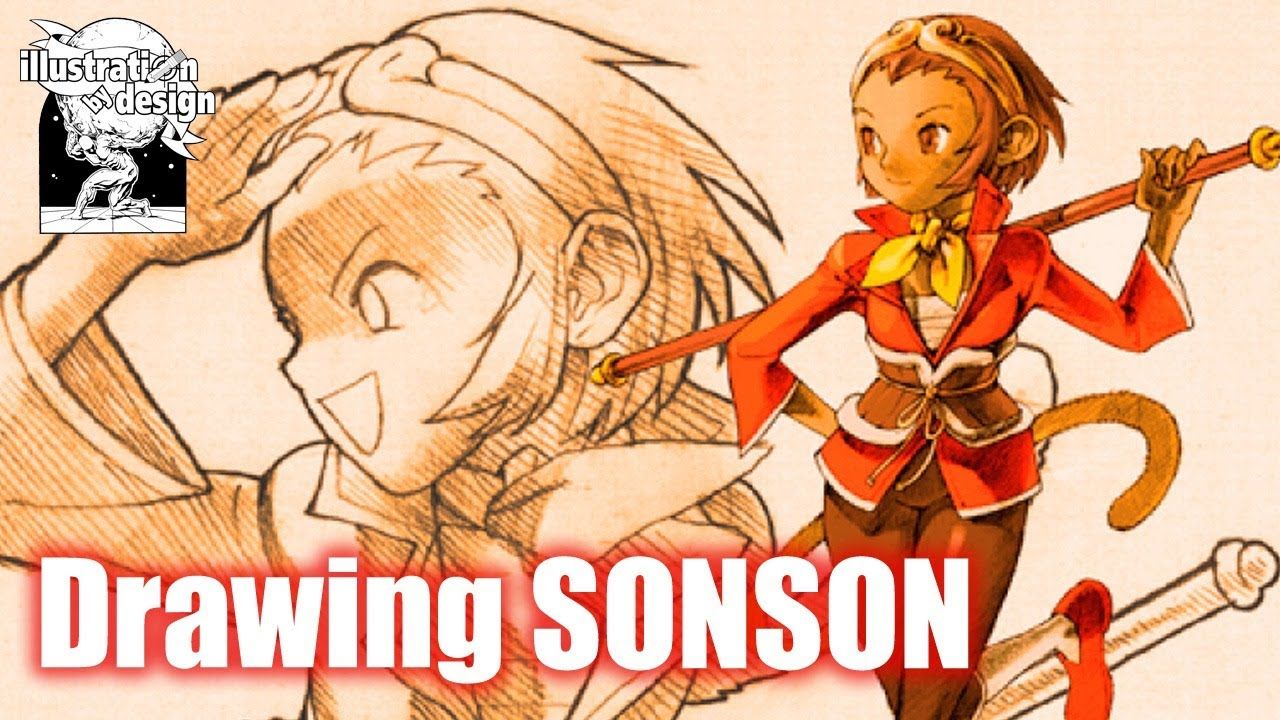The Monkey King: The Mythical Hero Behind Goku, Wukong, and Beyond
The Monkey King, known as Sun Wukong, is one of the most legendary figures in Chinese mythology. Characters such as Goku from Dragon Ball, Wukong from League of Legends, and Sonson from Marvel vs. Capcom

Introduction
The Monkey King, known as Sun Wukong, is one of the most legendary figures in Chinese mythology. His story, filled with magic, rebellion, and redemption, has not only captivated audiences for centuries but has also profoundly influenced modern culture. Characters such as Goku from Dragon Ball, Wukong from League of Legends, and Sonson from Marvel vs. Capcom all draw inspiration from this mythical figure. Understanding the origins and journey of the Monkey King offers a deeper appreciation for these beloved characters and the timeless nature of myth itself.
The Origin of the Monkey King
The Birth of Sun Wukong
Sun Wukong's origins are as extraordinary as the feats he would go on to accomplish. According to legend, he was born from a magical stone atop the Mountain of Flowers and Fruit. This stone, imbued with the essence of heaven and earth, gave birth to a stone egg, which eventually cracked open to reveal a fully formed monkey. This unusual birth endowed Sun Wukong with an array of supernatural abilities right from the start.
From the moment of his birth, it was clear that Sun Wukong was no ordinary creature. He quickly became the leader of his monkey tribe and earned the title "Handsome Monkey King" after discovering and claiming the powerful Water Curtain Cave as his kingdom. However, despite his status and power, Sun Wukong was not content. His thirst for knowledge and immortality led him to embark on a journey to discover the secrets of eternal life.
Early Adventures
Sun Wukong's quest for immortality took him far and wide, leading him to study under the immortal Taoist master, Subhuti. Under Subhuti's guidance, Sun Wukong mastered the 72 Earthly Transformations, which allowed him to shapeshift into various forms, and the technique of cloud somersaulting, enabling him to travel vast distances with a single leap.
One of his most iconic possessions, the Golden-banded Staff (Ruyi Jingu Bang), was acquired during a visit to the underwater palace of the Dragon King. This magical weapon could change its size at will, becoming as small as a needle or as large as a mountain, and proved to be the perfect tool for Sun Wukong's exploits. Armed with his newfound knowledge and weaponry, Sun Wukong began to challenge the established order of heaven itself.
His rebellion against the Jade Emperor, the ruler of heaven, became the stuff of legend. Sun Wukong's defiance led to a series of escalating confrontations with the celestial powers, culminating in his declaration of himself as the "Great Sage, Equal to Heaven." Despite his impressive abilities, Sun Wukong was eventually captured and imprisoned under a mountain by the Buddha, where he remained for 500 years until he was given a chance at redemption.
Sun Wukong in 'Journey to the West'
The Role of the Monkey King
The story of Sun Wukong's redemption and his most famous adventures are chronicled in the classic Chinese novel Journey to the West, written by Wu Cheng'en in the 16th century. In this tale, Sun Wukong is released from his mountain prison by the Bodhisattva Guanyin and tasked with protecting the monk Xuanzang on a perilous journey to India to retrieve sacred Buddhist scriptures.
Throughout the journey, Sun Wukong serves as both protector and guide, using his immense strength, intelligence, and magical abilities to overcome the numerous obstacles and demons that stand in their way. Despite his earlier rebellious nature, Sun Wukong becomes a disciplined and loyal companion, dedicated to ensuring the success of the pilgrimage.
Iconic Episodes
Journey to the West is filled with iconic episodes that showcase Sun Wukong's heroism and cunning. One of the most famous encounters is his battle with the Bull Demon King, a powerful adversary who initially appears as an ally but later reveals his true intentions. This confrontation not only highlights Sun Wukong's combat prowess but also his ability to outthink his enemies.
Another notable episode is the encounter with the White Bone Demon, a shape-shifting demoness who attempts to deceive Xuanzang by taking on the guise of an innocent woman. Despite Xuanzang's initial disbelief, Sun Wukong sees through the demon's ruse and ultimately defeats her, reinforcing the theme of discerning truth from illusion—a recurring motif in the novel.
Sun Wukong's trials and tribulations during the journey serve as a means of spiritual purification, transforming him from a mischievous trickster into a figure of enlightenment. His character arc reflects the broader themes of the novel, such as the quest for spiritual growth, the importance of loyalty and perseverance, and the ultimate triumph of good over evil.
Themes and Morals
At its core, Journey to the West is a tale of redemption and transformation. Sun Wukong's journey mirrors the path of a Buddhist disciple, moving from ignorance and chaos toward enlightenment and order. His early rebellion against heaven symbolizes the struggle of the individual against societal and cosmic forces, while his eventual acceptance of his role as protector and servant reflects the importance of duty and humility.
The novel also explores the concept of balance—between strength and wisdom, freedom and responsibility, and power and restraint. Sun Wukong's evolution from a rebellious spirit to a disciplined warrior embodies the balance that must be achieved in one's own life. These themes, deeply rooted in Chinese culture and philosophy, resonate across time and continue to influence storytelling in various forms.

Influence on Modern Culture
Goku (Dragon Ball)
One of the most famous characters inspired by Sun Wukong is Goku from Dragon Ball, created by Akira Toriyama. Goku's character is a modern reinterpretation of the Monkey King, with numerous elements from Sun Wukong's story woven into his own.
Goku, like Sun Wukong, is a being of extraordinary power with a mischievous and adventurous spirit. He wields the Nyoi-bō (Power Pole), a magical staff similar to Sun Wukong's Ruyi Jingu Bang, and travels on the Kinto'un (Flying Nimbus), a cloud that allows him to soar through the skies. These elements are direct references to the Monkey King's iconic weapons and abilities.
The parallels between their journeys are also evident. Goku's quest for strength, his battles against increasingly powerful foes, and his eventual role as a protector of Earth echo Sun Wukong's own path of self-improvement and redemption. Both characters undergo significant personal growth, moving from carefree adventurers to disciplined warriors committed to protecting those they care about.
Wukong (League of Legends)
In the world of gaming, Wukong from League of Legends is another character inspired by Sun Wukong. Designed as a warrior who embodies the Monkey King's legendary skills, Wukong's abilities and playstyle are a nod to the mythological figure.
Wukong's signature move, Nimbus Strike, allows him to dash through enemies while leaving behind decoys, much like Sun Wukong's ability to create clones of himself. His ultimate ability, Cyclone, involves spinning his staff in a powerful whirlwind attack, reminiscent of Sun Wukong's mastery over his magical staff.
Wukong's design and lore capture the essence of the Monkey King—a cunning and agile fighter who uses deception and skill to outmaneuver his opponents. His enduring popularity in the game highlights the lasting appeal of the Monkey King archetype in modern entertainment.
Sonson (Marvel vs. Capcom)
Sonson, a character from Marvel vs. Capcom 2, is another example of the Monkey King's influence on modern media. While not as well-known as Goku or Wukong, Sonson is a female descendant of the original Sun Wukong, continuing his legacy in the context of a fighting game.
Sonson's abilities in the game, such as her staff attacks and transformation into a giant ape, are clear homages to the Monkey King's legendary feats. Her character design, which blends traditional Chinese elements with a more modern aesthetic, reflects the ongoing relevance of Sun Wukong's story in contemporary culture.

Other Adaptations
Beyond these specific characters, Sun Wukong's influence can be seen in a wide range of media, from literature and film to animation and video games. Movies like The Forbidden Kingdom and television series like Monkey Magic reimagine the Monkey King's adventures for new audiences, blending traditional mythology with modern storytelling techniques.
In the video game Enslaved: Odyssey to the West, the character Monkey is directly inspired by Sun Wukong, with the game's plot serving as a futuristic retelling of Journey to the West. The game's narrative explores themes of freedom, control, and the quest for redemption, much like the original myth.
These adaptations not only keep the story of Sun Wukong alive but also introduce the Monkey King's character to new generations, ensuring that his legacy continues to evolve and resonate with audiences worldwide.
The Enduring Legacy of the Monkey King
Cultural Impact
Sun Wukong's impact on Chinese culture cannot be overstated. As a symbol of rebellion and resistance, he embodies the spirit of defiance against oppression and the pursuit of justice. His story has been interpreted in various ways over the centuries, with different elements emphasized depending on the cultural and political context.
In addition to his role as a cultural icon, Sun Wukong has also influenced Chinese literature, theater, and art. The Monkey King's image is often used to explore themes of power, authority, and morality, making him a versatile figure for creative expression.
Global Appeal
What makes Sun Wukong truly remarkable is his global appeal. The story of the Monkey King resonates with audiences far beyond China, thanks to its universal themes and the adaptability of the character. Sun Wukong's journey from chaos to enlightenment, his struggles against powerful adversaries, and his eventual redemption are narratives that can be understood and appreciated across cultures.
The enduring popularity of characters like Goku and Wukong, along with the continued retellings of Journey to the West, demonstrate the Monkey King's relevance in today's world. Whether as a symbol of resistance, a heroic figure, or an embodiment of personal growth, Sun Wukong's legacy continues to inspire and entertain.
The Monkey King, Sun Wukong, stands as one of the most iconic figures in mythology, his story transcending time and culture. From his origins in ancient Chinese folklore to his influence on modern characters like Goku and Wukong, Sun Wukong's tale is one of adventure, transformation, and redemption.
Understanding the roots of the Monkey King's legend enriches our appreciation of the characters and stories he has inspired. Whether through the pages of Journey to the West or the screens of our favorite games and shows, Sun Wukong's legacy lives on, reminding us of the power of myth and the timeless nature of great storytelling.